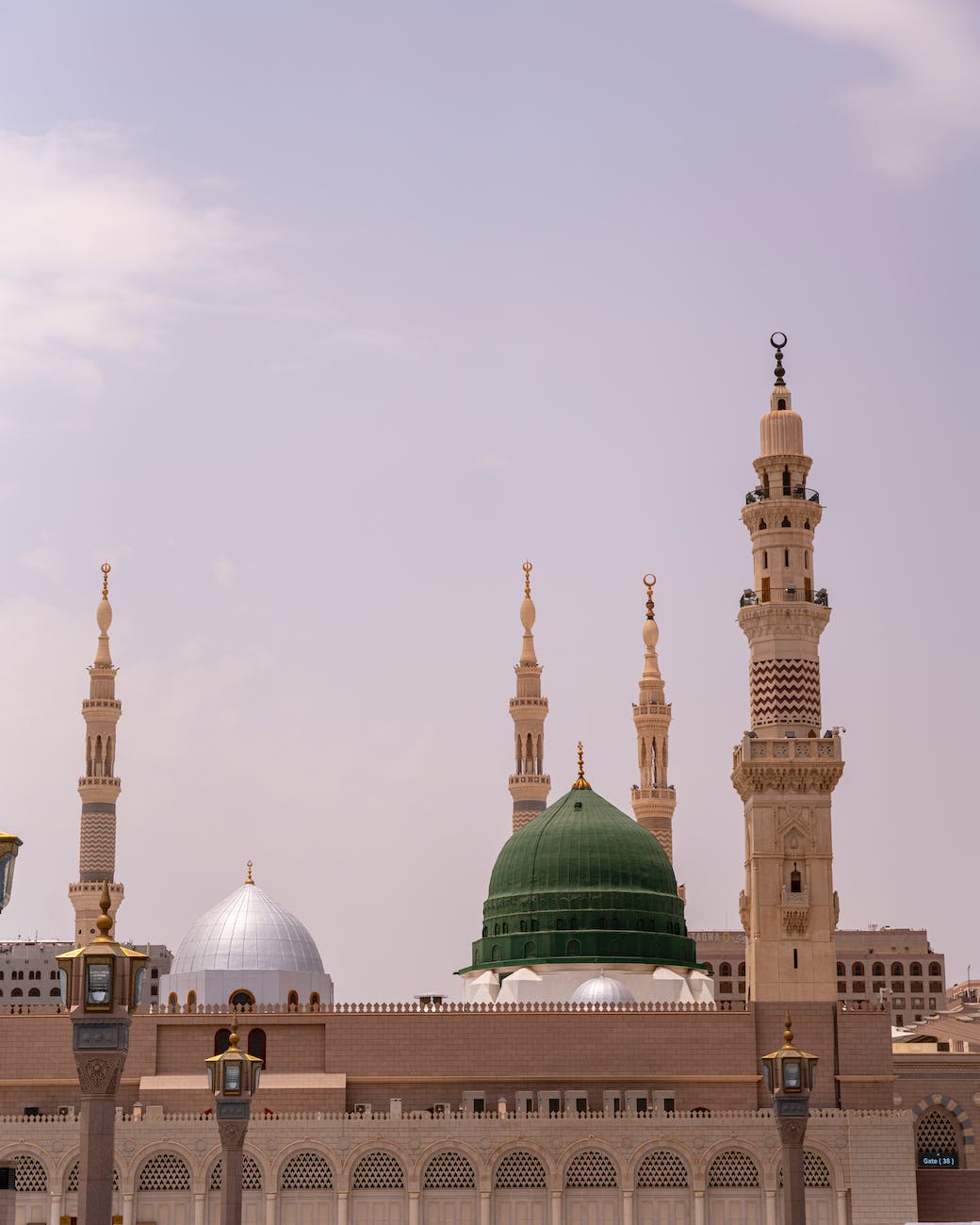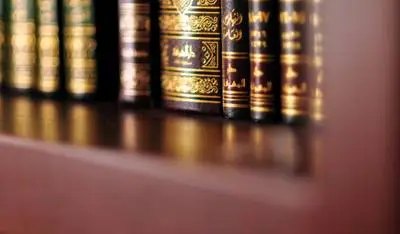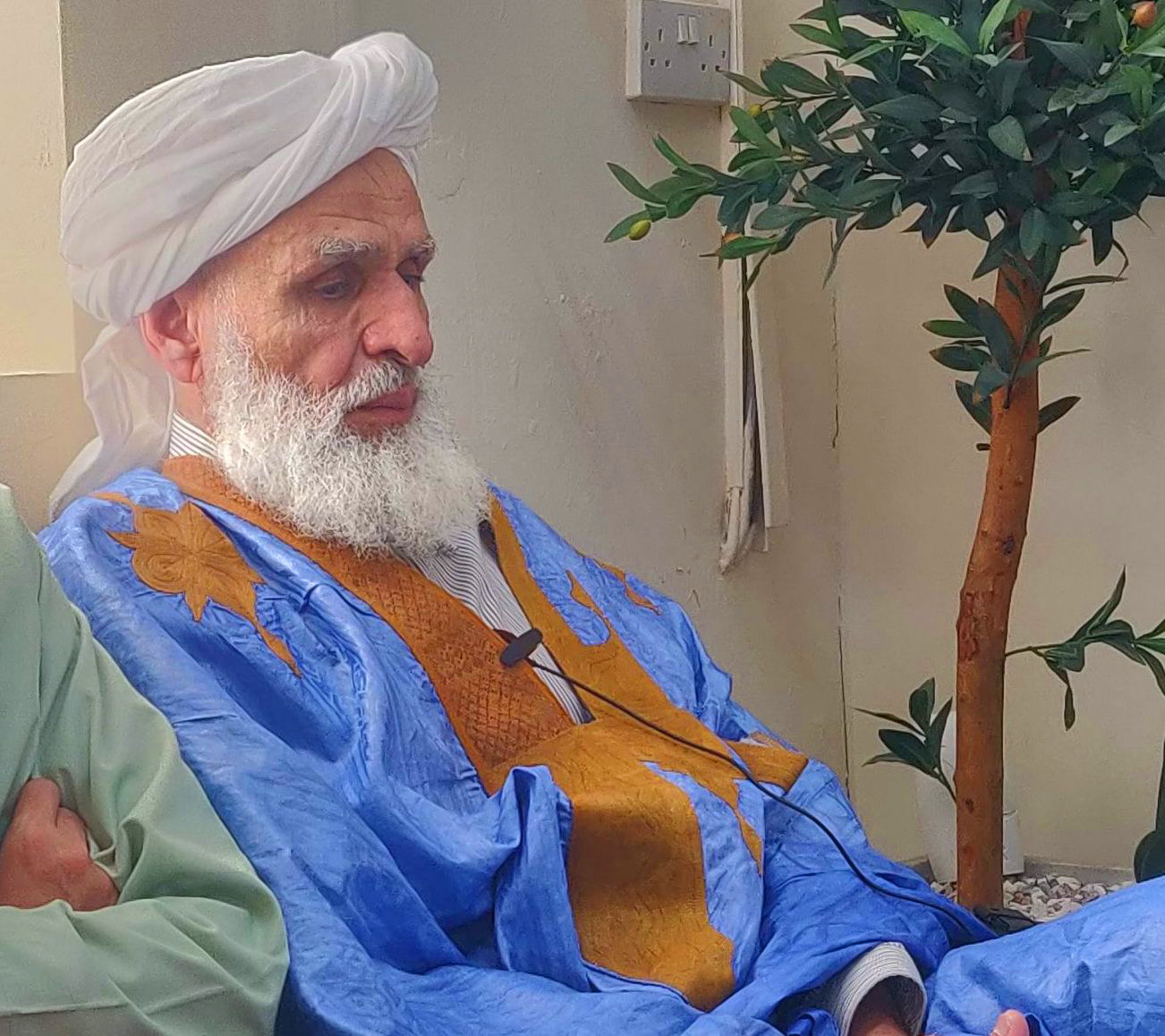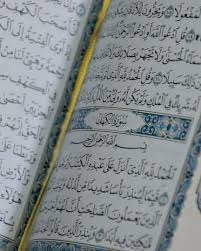Question: Can Ahl al-Bayt ever recieve zakat or sadaqa?
In the Name of Allah, the Most Beneficent, the Most Merciful,
To begin, the Prophet ﷺ said, “Sadaqa is not permitted to Aal Muhammad.” Ibn al-Qasim said, “This refers to zakat, not charity.” Dusuqi clarifies, “As for charitable donations, it is permitted for them with discouragement (makruh) in the relied upon opinion.”
Secondly, who are Aal Muhammad? Khalil says one of conditions for accepting zakat is that the person be “not Hashimi.” Therefore, any person, male or female, whose lineage goes back to Hashim (the Prophet’s great grandfather) through men is a Hashimi. Lineage is transferred through males, not females. Hence, if a female Hashimi marries a non-Hashimi, her children will not be Hashimi.
Thirdly, there is an important pre-condition to the prohibition of Hashimis recieving zakat. Namely, that the needs of impoverished Ahl al-Bayt are met by the government from non-zakat funds. If their needs are not met, then they should be supported from zakat, and on top of that, they should be prioritized, and it is called a gift.
Fourthly, a person from Ahl al-Bayt may not be a zakat collector on the principle that zakat is impure money and serving it has the same ruling as taking it. Further, he may not do any job in which the salary is sourced from zakat, such as positions in the military, unless it is verified that his salary is not from zakat.
Sources:
Ibn al-Qasim in Ibn Rushd’s Al-Bayan wal-Tahsil, Dar al-Gharb; vol 2, pp 383
إنما ذلك في الزكاة، وليس في التطوع
Dusuqi on Dardir, Dar al-Fikr; vol 1, pp 494
وَأَمَّا صَدَقَةُ التَّطَوُّعِ فَيَجُوزُ لَهُمْ أَخْذُهَا مَعَ الْكَرَاهَةِ عَلَى الْمُعْتَمَدِ
Dusuqi on Dardir, Dar al-Fikr; vol 1, pp 493
كُلُّ مَنْ لِهَاشِمٍ عَلَيْهِ وِلَادَةٌ مِنْ ذَكَرٍ أَوْ أُنْثَى بِلَا وَاسِطَةٍ أَوْ بِوَاسِطَةٍ غَيْرِ أُنْثَى.
فَلَا يَدْخُلُ فِي بَنِي هَاشِمٍ وَلَدُ بَنَاتِهِ.
Dusuqi on Dardir, Dar al-Fikr; vol 1, pp 493
مَحَلَّ عَدَمِ إعْطَاءِ بَنِي هَاشِمٍ مِنْهَا إذَا أُعْطَوْا مَا يَسْتَحِقُّونَهُ مِنْ بَيْتِ الْمَالِ فَإِنْ لَمْ يُعْطَوْا وَأَضَرَّ بِهِمْ الْفَقْرُ أُعْطُوا مِنْهَا وَإِعْطَاؤُهُمْ حِينَئِذٍ أَفْضَلُ مِنْ إعْطَاءِ غَيْرِهِمْ … إذْ عَطَاؤُهُمْ أَفْضَلُ مِنْ خِدْمَتِهِمْ لِذِمِّيٍّ أَوْ ظَالِمٍ اهـ تَقْرِيرُ شَيْخِنَا عَدَوِيٍّ وَهَذَا كُلُّهُ فِي الصَّدَقَةِ الْوَاجِبَةِ.
Khurashi on Khalil, Al-Matba’a al-Kubra; vol 2, pp 216
(ص) غير هاشمي (ش) يعني أنه لا يجوز استعمال أحد من آل النبي – عليه السلام – على الزكاة وهم: بنو هاشم وبنوهم؛ لأن أخذها على وجه الاستعمال عليها لا يخرجها عن كونها أوساخ الناس وعن الإذلال في الخدمة لها
Written by Shadee Elmasry
Reviewed by Rami Nsour







